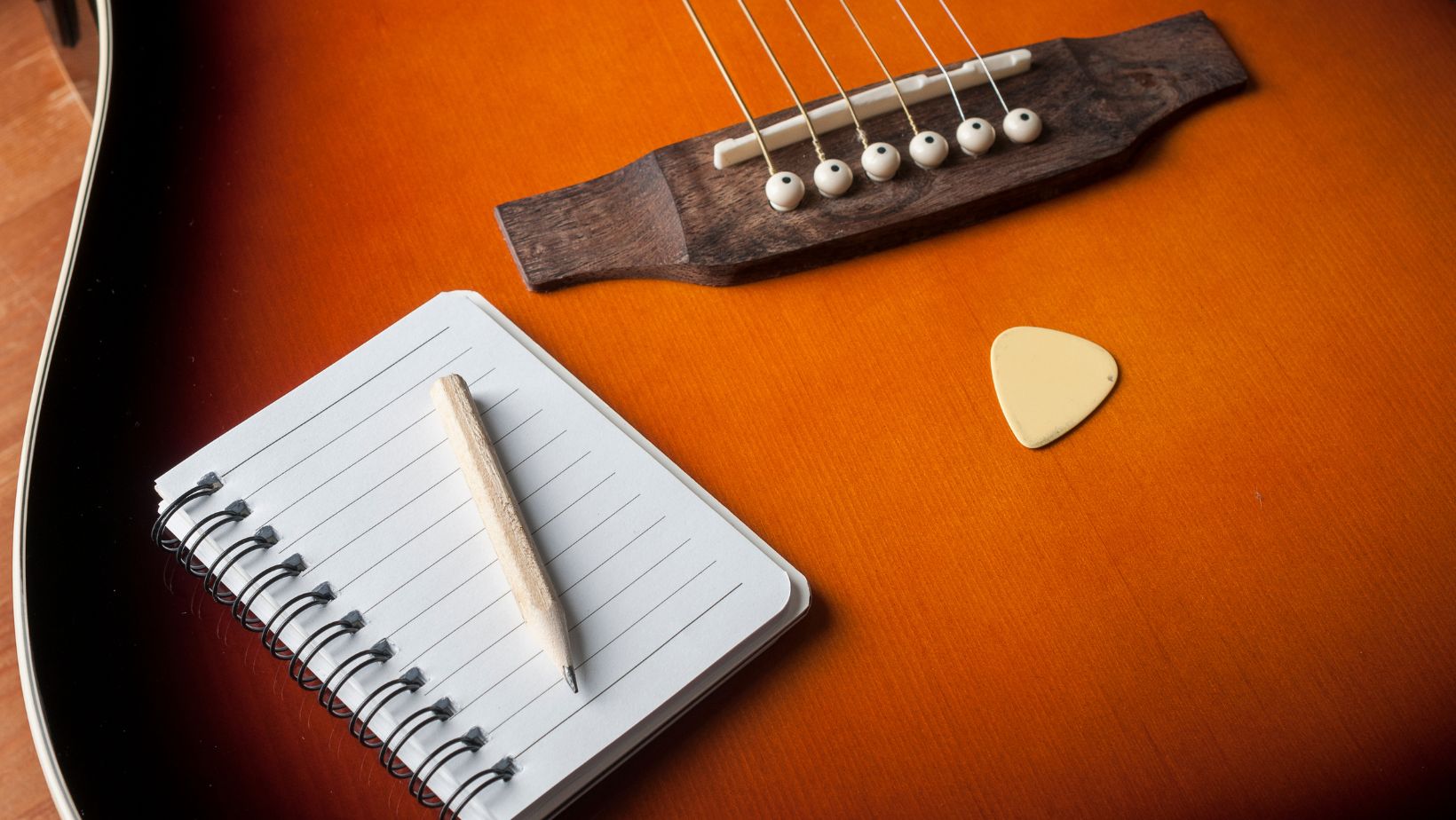Embarking on the journey of songwriting can be as exhilarating as it is daunting. For beginners, the process might seem shrouded in mystery, with the magical spark of creativity feeling just out of reach. However, with the right guidance and a handful of practical tips, anyone can start penning down lyrics and melodies that resonate.
Songwriting Tips for Beginners
Songwriting, an intricate and personal art form, enables musicians to express emotions and tell stories through melody and lyrics. This section delves into crucial practices that aid beginners in crafting impactful songs.
The Importance of Song Structure
 Understanding song structure is essential for organizing musical ideas coherently. Novices benefit greatly from recognizing the typical elements of a song: verses, choruses, and bridges. Each component serves a distinct purpose. Verses set the scene, choruses act as the memorable climax, and bridges offer a contrasting melody or perspective. By mastering these elements, songwriters ensure their music is both engaging and structurally sound. Familiar structures provide a framework that guides the listener through the experience, making the song relatable and easier to remember.
Understanding song structure is essential for organizing musical ideas coherently. Novices benefit greatly from recognizing the typical elements of a song: verses, choruses, and bridges. Each component serves a distinct purpose. Verses set the scene, choruses act as the memorable climax, and bridges offer a contrasting melody or perspective. By mastering these elements, songwriters ensure their music is both engaging and structurally sound. Familiar structures provide a framework that guides the listener through the experience, making the song relatable and easier to remember.
Common Themes and Motifs
Incorporating common themes and motifs can help beginning songwriters connect with wider audiences. Themes such as love, loss, triumph, and freedom recur in popular music and resonate universally. Songwriters can draw on personal experiences that align with these themes to enhance authenticity and emotional depth in their work. By incorporating motifs—repeated symbols or lyrical phrases—songwriters create a sense of unity and emphasis within their songs.
Tools and Resources for Songwriters
The right tools and resources can significantly ease the process of songwriting for beginners, helping them transform raw ideas into polished tracks. This section outlines essential songwriting tools and highlights helpful platforms that facilitate creative expression.
Essential Songwriting Tools
-
 Digital Audio Workstation (DAW): Every songwriter benefits from having a reliable DAW. Popular options include Ableton Live, FL Studio, and Logic Pro, which offer comprehensive features for recording, editing, and mixing music.
Digital Audio Workstation (DAW): Every songwriter benefits from having a reliable DAW. Popular options include Ableton Live, FL Studio, and Logic Pro, which offer comprehensive features for recording, editing, and mixing music. -
Notebooks and Voice Recorders: For capturing lyrical ideas and melodies on the go, nothing beats the simplicity of a notebook or a voice recorder app on a smartphone.
-
Musical Instruments: Access to a keyboard or guitar can aid in composing melodies and harmonies. Even basic skills on these instruments can enhance a songwriter’s ability to express musical ideas.
-
Rhyming Dictionaries and Thesauri: These tools are invaluable for lyric writing, helping songwriters find the perfect words to convey their messages and emotions.
-
Metronome: Maintaining rhythm is crucial in songwriting. Using a metronome helps in developing a consistent tempo throughout a song.
-
Online Songwriting Courses: Platforms like Coursera and MasterClass offer courses taught by industry experts, which are ideal for beginners wanting structured guidance.
-
Songwriting Apps: Apps such as HumOn and Songwriter Pad turn musical ideas into sheet music and provide rhyme suggestions, simplifying the songwriting process.
-
Collaboration Networks: Websites like SoundBetter and Kompoz connect songwriters with musicians, producers, and audio engineers, enhancing creative synergy and providing opportunities for feedback and refinement.
-
Reference Materials: Websites like Ultimate Guitar provide chords and tabs for millions of songs, which can be useful for learning and inspiration.
Creative Processes in Songwriting
Finding Inspiration for Your Songs
 Finding inspiration is critical. Here are some effective strategies:
Finding inspiration is critical. Here are some effective strategies:
-
Explore Personal Experiences: Songwriters often draw inspiration from their own emotions and life events. Whether it’s a heartbreak or a joyful moment, personal experiences provide rich material for lyrics.
-
Listen to Varied Music Genus: Listening to different genres broadens a songwriter’s musical horizon and inspires new rhythmic and melodic ideas. Whether it’s classical music, jazz, hip-hop, or country, each genre offers unique elements that can spark creativity.
-
Engage with the Community: Attending live music events, participating in songwriting workshops, and interacting with other musicians can provide fresh perspectives and stimulate new ideas.
Developing a Writing Routine
Establishing a writing routine enhances productivity and creativity:
-
Set Regular Writing Times: By dedicating specific times for songwriting, one can create a habitual space that fosters creativity. Consistency is key, even if it’s just a few minutes each day.
-
Create a Dedicated Space: Having a specific spot dedicated to songwriting can help in mentally preparing oneself to write. This space should be comfortable and free of distractions.
